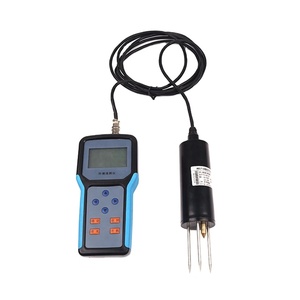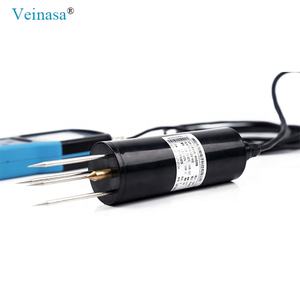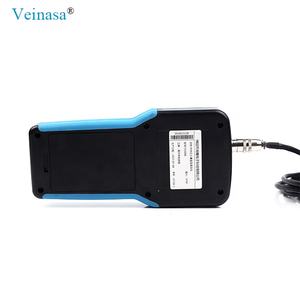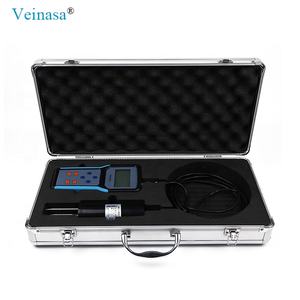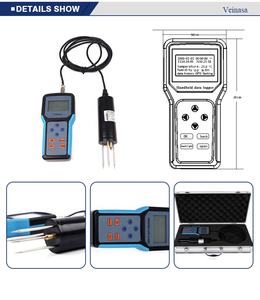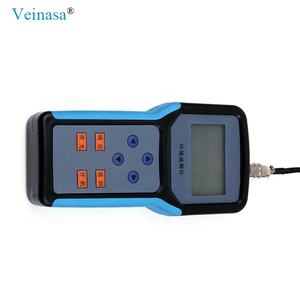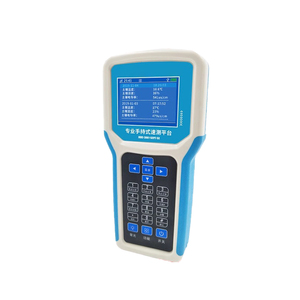Understanding Soil Testers: A Key to Healthy Gardening
Soil testers are essential tools for gardeners, farmers, and horticulturists looking to optimize their plant growth through effective soil management. By accurately measuring soil pH, moisture levels, and nutrient content, these instruments help you make informed decisions about fertilization, irrigation, and overall soil health. Whether you are a novice gardener or a seasoned professional, understanding how to use a soil tester can significantly enhance your gardening success.
Types of Soil Testers: Which One is Right for You?
Soil testers come in various types to cater to diverse gardening needs. Here are the most common types:
- Analog Soil Testers: These simple, battery-free tools use a needle gauge to show pH and moisture levels. They are user-friendly and suited for small gardens.
- Digital Soil Testers: Equipped with electronic sensors, these testers provide accurate readings displayed digitally, often featuring advanced options like Bluetooth connectivity for data tracking.
- Test Kits: Comprehensive kits typically include reagents and color charts to analyze pH and nutrient levels manually. Ideal for larger plots of land.
- Multi-Function Soil Testers: Combining several features, these testers measure pH, moisture, and light, providing a holistic view of the garden’s needs.
Applications of Soil Testers: Ensuring Optimal Growth
Soil testers have various applications across different settings, making them a versatile addition to any agricultural or gardening toolkit. Their key applications include:
- Gardening: Home gardeners use soil testers to determine nutrient availability and pH levels, aiding in better plant selection and fertilization practices.
- Agriculture: Farmers utilize these tools to improve crop yields by selecting appropriate soil amendments, enhancing nutrient management and optimizing plant health.
- Landscape Professionals: Landscape architects and maintenance teams assess soil conditions to create and maintain beautiful, thriving landscapes.
- Environmental Studies: Researchers and environmentalists use soil testers to monitor soil quality and health, informing restoration and conservation efforts.
Features and Advantages of Using Soil Testers
Employing a soil tester in your gardening or farming practice presents numerous advantages, enhancing both the efficiency and effectiveness of your soil management efforts:
- Precision: Soil testers provide accurate data that helps in making informed decisions regarding soil amendments and plant care.
- Time-Saving: Quickly assessing soil conditions prevents unnecessary applications of fertilizers or amendments, saving both time and resources.
- Cost-Effective: Investing in a soil tester reduces long-term costs by minimizing the risk of over-fertilization and promoting healthy soil management practices.
- Environmental Benefits: Understanding soil chemistry helps reduce nutrient runoff, contributing to a healthier ecosystem and promoting sustainable agriculture.









































































































